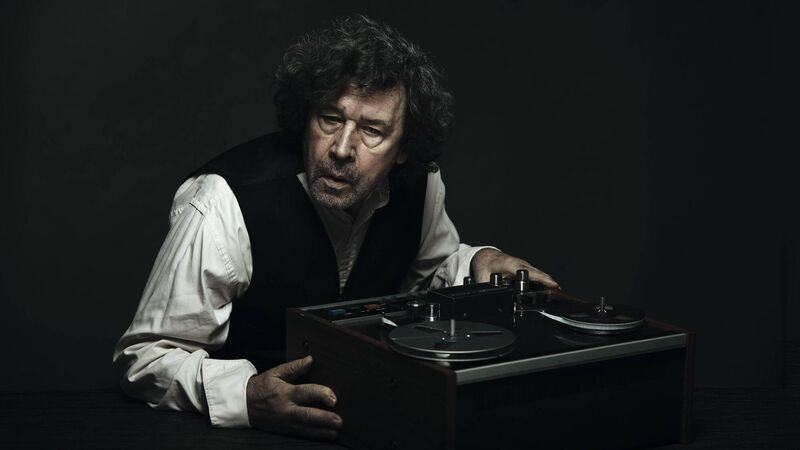Theatre review: Stephen Rea peels back the years in Krapp’s Last Tape

Stephen Rea in Samuel Beckett's Krapp’s Last Tape at the Project Arts Centre, Dublin. Picture: Patricio Cassinoni
- Krapp’s Last Tape
- Project Arts Centre
- ★★★★☆
Try from €1.50 / week
SUBSCRIBE
Stephen Rea in Samuel Beckett's Krapp’s Last Tape at the Project Arts Centre, Dublin. Picture: Patricio Cassinoni
Already a subscriber? Sign in
You have reached your article limit.
Annual €130 €80
Best value
Monthly €12€6 / month
Introductory offers for new customers. Annual billed once for first year. Renews at €130. Monthly initial discount (first 3 months) billed monthly, then €12 a month. Ts&Cs apply.
Newsletter
Music, film art, culture, books and more from Munster and beyond.......curated weekly by the Irish Examiner Arts Editor.
Newsletter
Music, film art, culture, books and more from Munster and beyond.......curated weekly by the Irish Examiner Arts Editor.
© Examiner Echo Group Limited